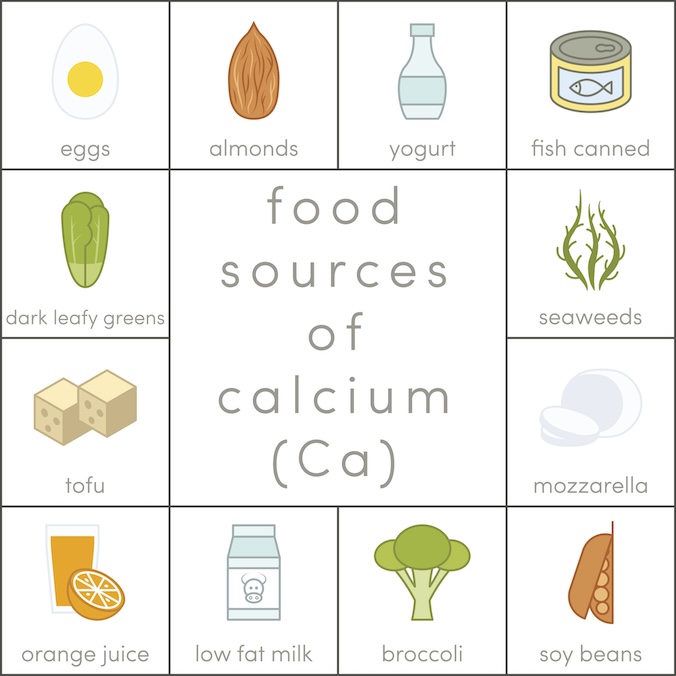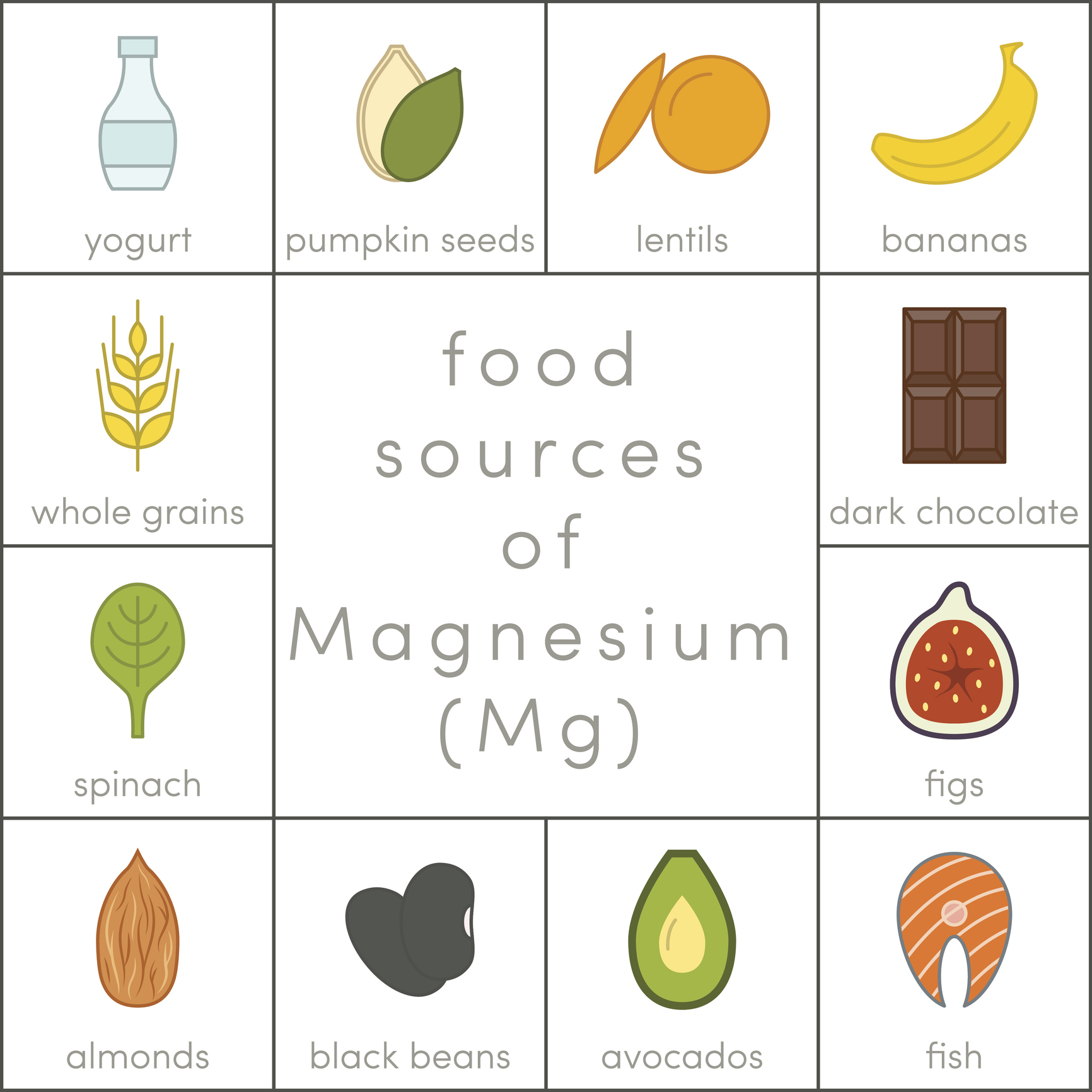Benefits of Taking Calcium and Magnesium Together

Calcium and Magnesium are two of the most important minerals found in the body. Both of these minerals are critical for maintaining healthy bones, and the combination of them both is the best way to ensure that your bones are in tip-top shape.
However, possibly our favourite functions of magnesium and calcium are that they promote relaxation and restful sleep while helping you to maintain supple, glowing skin. Read on to find out more about the benefits of taking magnesium and calcium together, how to add it to your diet and more.
Can you take Magnesium and Calcium together?
Yes, you can take magnesium and calcium together. These minerals work synergistically to promote bone health and much more. There are also other minerals and vitamins that you can take simultaneously that are believed to improve the absorption of these chemical compounds. Vitamin D and/or zinc may be worth taking alongside these minerals, as they have been shown to complete a functional balance.
Benefits of taking Calcium and Magnesium together
As we know, calcium and magnesium are good for our bones. Calcium is the most abundant mineral found in the body and most of it is found in our bones. Having enough calcium in your diet can help reduce bone loss by 30 – 50%. At the same time, magnesium contributes to increased bone density.
At Rejuvenated, however, we love how this combination of minerals works to regulate melatonin, the hormone responsible for controlling the sleep-wake cycle. Magnesium binds to gamma-aminobutyric acid (GABA) receptors, the neurotransmitter responsible for suppressing nerve activity and thus allowing you and your body to ‘switch off’.
At the same time, calcium plays a further role in the maintenance of healthy skin functions including sebum regulation, lipid barrier function, cellular turnover and antioxidant production. Therefore, it is vital to keep a constant level of calcium and magnesium within the body to maintain supple, glowing and beautiful skin.
What happens if I have a calcium and magnesium deficiency?
Since we now know the advantages of having enough magnesium and calcium in your body and your bones, we can consider what would happen if we didn’t have enough. While these deficiencies are not common, the adverse effects of not taking enough of these minerals clearly indicate the benefits of the alternative.
Magnesium deficiency can cause sleepiness, muscle spasms, fatigue and weakness, and shaking, amongst others. Long-term calcium deficiency can cause dental changes, alterations in the brain, and osteoporosis, which causes the bones to become brittle.
How to get more Calcium and Magnesium in your diet
The simplest and possibly best way to increase your intake of these minerals is to take calcium and magnesium supplements, like our H3O Night Repair supplement. The best part about taking these supplements is that it includes numerous other vitamins and minerals that benefit the body, so it really packs a punch.
If you would prefer to increase your mineral intake through natural foods, these are the best foods that have a useful quantity of magnesium and calcium in them:
- Dark chocolate
- Leafy vegetables (spinach, kale, chard, etc.)
- Legumes (lentil, chickpea, bean, etc.)
- Tofu


How much Calcium and Magnesium should you take a day?
For optimal health, you should consume 1,000 mg of calcium per day and 400 – 500 mg of magnesium. If you do not eat enough of the above-mentioned foods regularly, we highly recommend looking into getting a supplement to aid your dietary intake. We want you glowing from the inside out, and a healthy body is the first step to that desired glow. If you want to know more about the supplements that we offer, contact us today.






